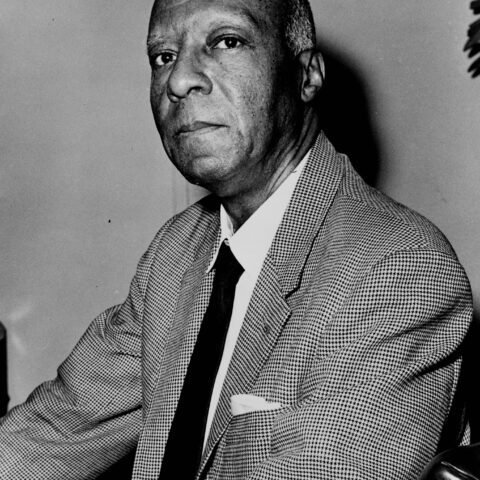Dealing With Racism Is Not A Top Priority For Most White People in Britain
By Shola Adenekan
Thursday, November 12, 2020.
Despite the issue of racial inequality being highlighted and amplified so strongly by movements such as Black Lives Matter, over the past five months, a new report reveals that addressing racism still ranks fairly low on the list of Brits’ political priorities.
The new study by the charitable organisation Engage Britain, asked the UK public to rank issues in order of importance. When asked to rank priorities for dealing with a range of challenges facing the UK, tackling racism was considered to be of lesser importance than issues such as housing and the environment. By contrast, Black Britons and those from other ethnic minority backgrounds, as well as many young Britons, ranked the issue higher than reducing unemployment, education and the environment.
A third of Black and other minority ethnic respondents deemed tackling racism as a high priority, and it was ranked as the fourth highest priority, while dealing with racism was ranked as the eighth highest priority, among the general population.
Among the general population, the study by Engage Britain suggested that the rules around immigration were perceived to be the most divisive issue facing the nation, while providing good education and jobs were the areas perceived to be the least divisive.
One challenge that has seen a significant uplift in priority is poverty, with helping families living in poverty seeing the largest year-on-year growth.
Less than fifteen percent of the UK population comes from non European background, and people of African descent only constitute 3.3 percent of people living in the UK, according to the government’s figures. The current Conservative Party government consistently downplays racism, while promoting anti-immigration policies. A Tory minister Kemi Badenoch, who is of African descent, recently highlighted the government’s position on racism by attacking the Black Lives Matter movement and the teaching of antiracism in schools.
However, studies from non-governmental agencies have highlighted the close link between racism, poverty and unemployment. For example, a recent study by the Trade Union Congress (TUC) showed that Black Britons are more likely to suffer racism at the workplace and experience poverty and mental health anguish than those who are White.
Engage Britain Director, Julian McCrae, said that while there is certainly some difference of opinion in terms of the priorities different groups have, particularly in relation to racial inequalities, it is encouraging to see consensus among groups on the highest priorities facing our country.
“Given the ongoing Coronavirus situation, it is understandable that issues of health and care featured so prominently in people’s concerns, with poverty seeing the largest increase from last year,” he said. “The impacts of COVID – both financial and health related – are certainly being felt, so at a time with plenty of challenges that need addressing, these issues are the ones that resonate most with the nation as a whole right now.”
Dealing With Racism Is Not A Top Priority For Most White People in Britain






Surviving are her husband, Archie Harris; a grandson, Tom Harris, Spokane ; a brother, George Haden, Wilbur; three sisters, Addie Stambaugh, Davenport , Mrs Martha Green and Mrs Mamie Mason, each of Spokane , numerous nieces and nephews.